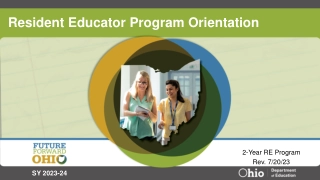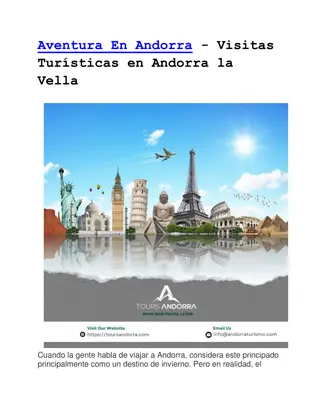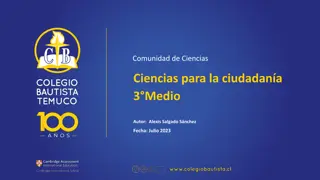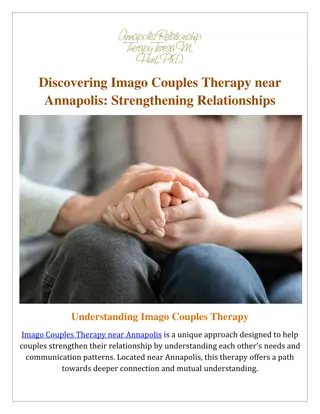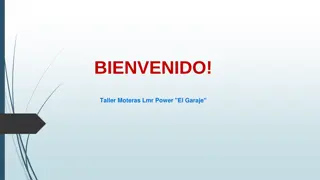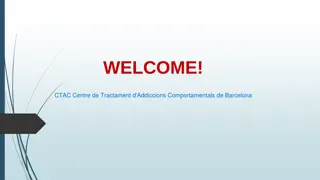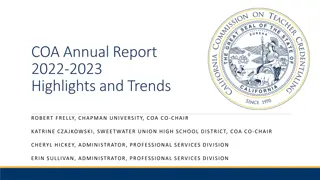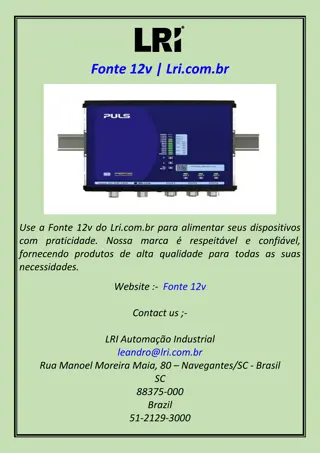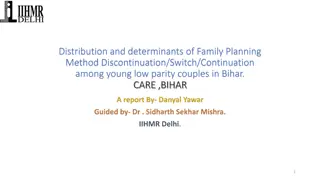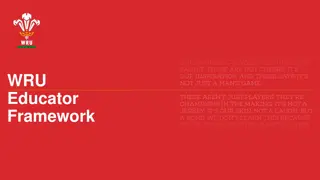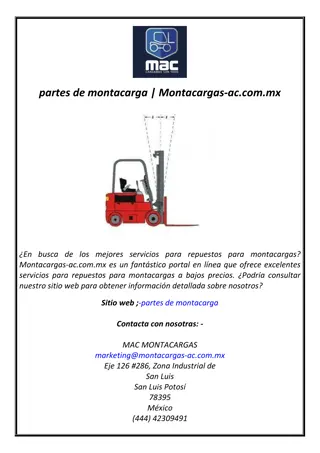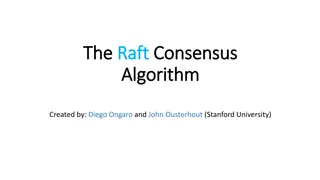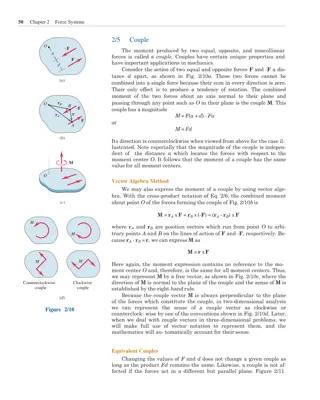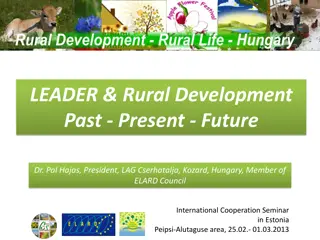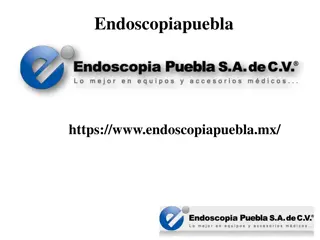
Five Stars of Education: Kentenich's Pedagogy Insights
Explore Father Kentenich's profound insights on education through ideals and bonds, unveiling the core aspects of human development and the nurturing of relationships in the educational process. Discover how ideals guide individual, couple, family, and group sanctity, while bonds emphasize trust, respect, and love in educational relationships.
Download Presentation

Please find below an Image/Link to download the presentation.
The content on the website is provided AS IS for your information and personal use only. It may not be sold, licensed, or shared on other websites without obtaining consent from the author. If you encounter any issues during the download, it is possible that the publisher has removed the file from their server.
You are allowed to download the files provided on this website for personal or commercial use, subject to the condition that they are used lawfully. All files are the property of their respective owners.
The content on the website is provided AS IS for your information and personal use only. It may not be sold, licensed, or shared on other websites without obtaining consent from the author.
E N D
Presentation Transcript
WELCOME! 1
SCHOENSTATT LEADER: AN EDUCATED EDUCATOR 2
Once again a few points should help us keep things before our eyes, in our minds, and in our hearts. There are five areas of the human experience, which Father Kentenich calls the five stars of education. 3
1. EDUCATION THROUGH IDEALS This refers to the explicit discovery of the idea God has of each person. It is a very original way of discovering my own path toward holiness. It is a key portion of our spirituality through which we discover a totally new school of sanctity. I can discover this as an individual (personal ideal), as a couple (couple ideal), as a family (often times the name of a home shrine), or as a group or a community (group, branch, diocese or course ideal). It is the ideal that guides our striving in a permanent way. 4
1. EDUCATION THROUGH IDEALS Regarding our education through ideals Father Kentenich said the following: We are here mainly concerned with getting to know the core of the personality. If I don t discover it, of what use is it if I talk and talk about the Triune God, but ignore the starting point, for example, love for Do you understand this? The educator s task is to ensure that this starting point is developed. These are just a few passing remarks taken from the pedagogical workshop on a pedagogy of ideals as a pedagogy of attitudes and mentalities (Fr. J. Kentenich, Outlines on Pedagogy, 1950). 5
2. EDUCATION THROUGH BONDS Upon discovering the idea God has of me, of my group, and so on, I discover that God has a very uplifting idea of the human person in general. His desire to bond himself to us in a covenant is clearly presented in the history of salvation through the Scriptures. It is worth the effort to take time and contemplate the way God made us and intended us to develop our capacities to the fullest degree, to the best of our capacities, in union with him and with others. This is meant for those who educate as well as for those who are being educated. The relationships of trust, of respect, and of love that we develop with those we guide are essential to their development. 6
2. EDUCATION THROUGH BONDS The most important bond that we can foster in the ones we educate is the bond of childlike love toward you as your children, as those you care for, and through you to God, the ultimate end of our love. Father Kentenich tells us the following: Before God a child, before men a man! Unless we learn to be small and helpless before God, a simple child, and grow in that childlike simplicity as we grow older, we shall never have the necessary strength to make a man s* contribution to the welfare of humanity. (Conference to Catholic Educators, 1950). [*In the context of Father Kentenich s words and in his time the expression a man s contribution meant a meaningful or considerable contribution to the welfare of humanity.] 7
3. EDUCATION THROUGH TRUST We must be aware of the fact that, in education we accomplish much more by our very being, through our actions, than by our words and the traditional disciplinary methods (Ibid). Whenever we want to awaken new life we need place certain demands, but not without a good dose of trust. Those we educate should know that we count on them and that they can count on us. In the end it is a matter of trustworthiness from our side, in order to help them grow into trustworthy personalities. These words from Father Kentenich express it very clearly. 8
3. EDUCATION THROUGH TRUST Whom can you still trust and confide in? Is this not even true in our own ranks? Someone can come to me with the most pious expression in the world and I, knowing religion can also be exploited, suspect him of being out to hoodwink me! Mistrust! How much negativism has come our way these past few years? (Continues ) 9
3. EDUCATION THROUGH TRUST Add to this that modern man has become totally rootless, and wavers to and fro, and you will understand where this terrible lack of trust comes from; and then you will also understand that in the end the one who will always be victorious is the one who invokes clear principles, who looks neither right nor left, but inexorably goes his own way, regardless of whether success or failure mark his path. For a while modern man will bow to the educator who plays both sides of the game, but it won t last long until he seeks shelter in a man who is anchored in the eternal, the man of God (Ibid). 10
4. EDUCATION THROUGH MOVEMENTS OF GRACE IN THE COVENANT In Schoenstatt there is nothing so effective in our education as the covenant of love. When you think back to Father s own experience, he himself coined the term covenant pedagogy. It refers to the pedagogical strength and effect that his attachment to Mary had in his life and that he afterwards passed on to his students as the most central value of his life, eventually transmitted to all Schoenstatt children. No one educated Father like the Blessed Mother, therefore nothing can be so effective as the covenant with her. 11
4. EDUCATION THROUGH MOVEMENTS OF GRACE IN THE COVENANT The movement of grace created through this bond goes far beyond what we can accomplish through preaching, giving, taking, praising, or correcting. That is why Schoenstatt, through its pedagogy, would like to gather and consolidate all those willing to submit to the great laws of the Divine Educator in a tightly knit community in order to save them from the coming flood. That, after all, is the meaning of the Schoenstatt Movement, that we represent an ark (Ibid). 12
5. EDUCATION THROUGH THE DYNAMISM OF DAILY LIFE Everyday life with its storms and trials, in and of itself, is a school for any human person, let alone for those striving to become images of Christ and Mary. We only need to open our minds and our eyes, through our practical faith in Divine Providence to the guidance of the Heavenly Father in our daily lives. For, as Christians we know that in the providence of God, the all-wise creator of the universe and the great educator, a certain tension will always remain between this extraordinary educational anxiety and care and a divine carefreeness. 13
5. EDUCATION THROUGH THE DYNAMISM OF DAILY LIFE Divine carefreeness! Who is it, after all, who holds the reins - also of education - in his hands? It is the wise God, the Divine Artist, and as an instrument in his hand it is also the Blessed Mother of God, the great sculptress of God s children, the great Educator of the world and of men (Ibid). 14
THANK YOU! THANK YOU! 15

